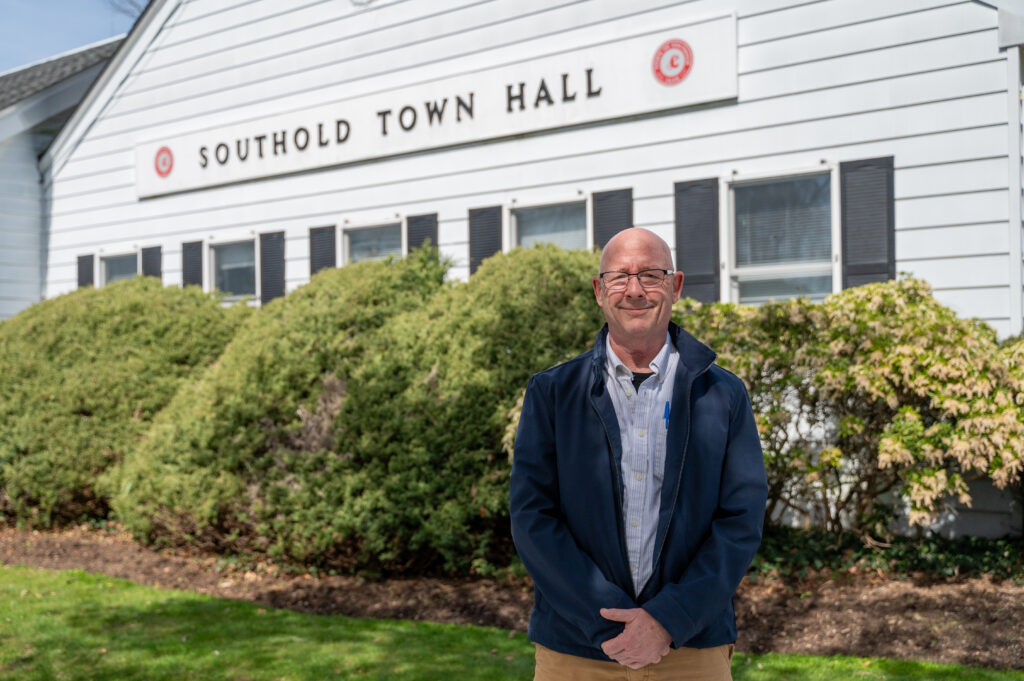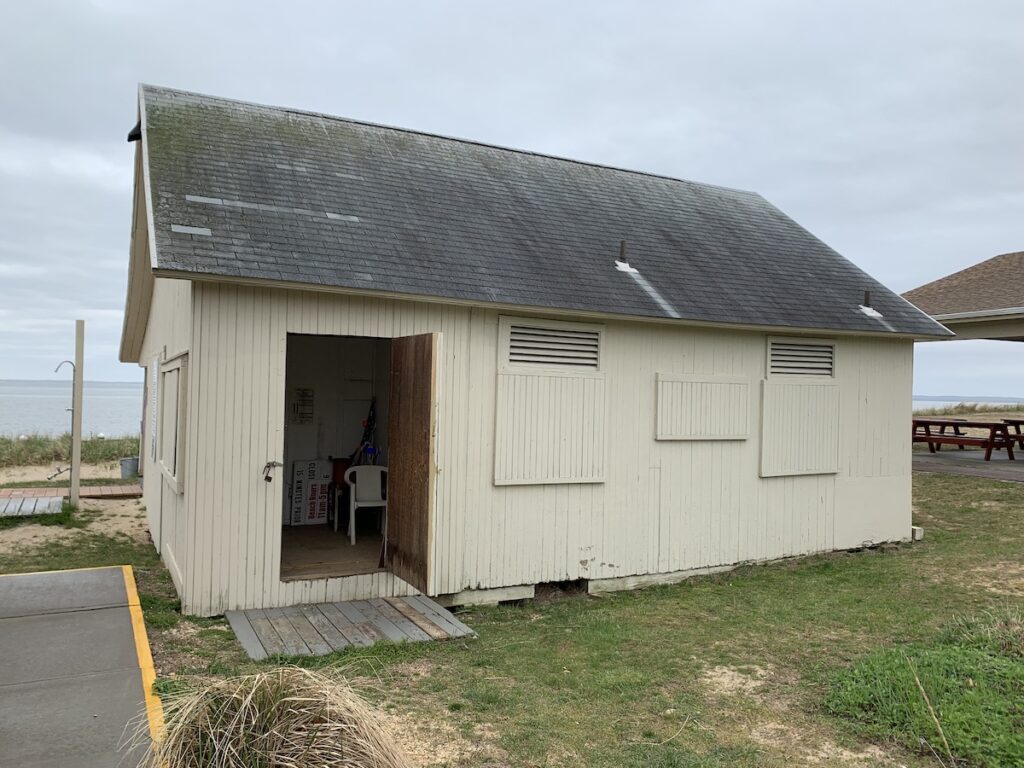Greenport Village looks to Southold Town Board for help funding sewer upgrade

With critical upgrades to Greenport Village’s sewer system planned, officials are turning to the Town of Southold for help.
The proposed $1.5 million project would upgrade the central pump station on Third Street. Village administrator Paul Pallas said the primary goal is to increase capacity by enlarging pump and pipe sizes and expanding wet-wells and generator size.
“Our pump station is almost at its maximum,” Mayor George Hubbard Jr. explained during a Town Board work session Tuesday. “We have room at the treatment plant but we’re coming up short being able to move everything from the middle of the village up there.”
Village officials are asking the town to contribute $750,000 from its Community Preservation Fund toward the upgrades, which Mr. Hubbard said are needed to preempt future expansion at places like Peconic Landing and could also allow for increased density for future affordable housing projects. The village is also hoping to one day connect the Sandy Beach neighborhood to its sewer system.
“A lot of places outside of the village [are connected] and now more stuff is coming that way. So it all flows back through,” Mr. Hubbard said.
A recent change in state law allows the towns to allocate up to 20% of their annual CPF revenue to water quality improvement projects. Previously, towns were limited to using the funds for protecting farmland and open space.
Several properties outside the village are hooked up to the sewer system, including the new Vineyard View apartment complex.
Local developer Paul Pawlowski also recently proposed a mixed-use project at the corner of Route 48 and Main Street in Greenport that could allow for up to 40 affordable apartments if granted a sewer connection.
While the village receives upfront fees for connections from outside of the village — Vineyard View paid more than $500,000 — the mayor said those fees aren’t enough to cover the upgrades. “As it gets added on, there are ongoing costs to maintaining the system,” he said, noting that it costs $30,000 per month to remove sludge.
Town Supervisor Scott Russell estimated Tuesday that village-based real estate sales have generated more than $3 million in CPF revenues since 2010.
He also said he’d like to confer with the land preservation department to see if reallocating those CPF monies is feasible, given that the cost to preserve land is also rising.
Meanwhile, the board may also approve a budget modification to allocate $24,500 to the Peconic Estuary Partnership, which has also been seeking a portion of CPF money from each of the East End towns in order to further its water quality initiatives.
Mr. Russell said that could ensure PEP receives the initial contribution as the board continues to discuss whether to use the CPF in the future.
Tuesday’s discussion was tabled as the board plans to seek clarification from state officials to determine if the project would be an appropriate use of the funds.
Councilwoman Sarah Nappa said it’s worth looking into.
“We are seeing substantial expansion in Greenport and I think we should do what we can to support that,” she said








